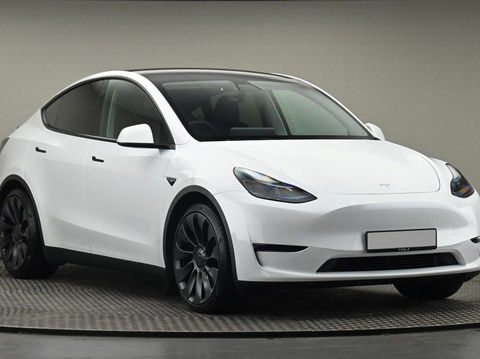Is Premium Fuel Worth The Extra Expense?

If you drive a petrol coupe, performance supercar or even hot hatchback, the evidence does strongly suggest that the use of a high octane petrol will benefit your engine. Plus when running a performance car on a premium petrol, you should notice a difference in throttle response, amongst other things.
We have all seen the additional fuel pumps at the petrol station. Often labelled with words such as Premium, Super, Ultimate and Momentum; these fuels promise to supply higher octane petrol or richer diesel but often come in at a higher price tag, which can be enough to put people off of buying it.
What are The Differences Between Regular and Premium Fuels?
In the UK, the standard rating for petrol is 95 octane and every car sold in the UK has electronics in order to ensure that it can run properly on standard fuel. High octane petrols can range anywhere between 97 and 100 octane and tend to carry around a 10p per litre premium over regular petrol.
As well as making the most of your supercar’s performance, the higher octane levels in premium petrols help the engine to work effectively and prevents engine knocking. This is down to the fact that the engines in performance cars can feature a higher compression ratio - the difference in size of the combustion chamber between the cylinder's lowest and highest points.
Unlike premium petrols, premium diesels don’t often have a higher octane rating, this is because diesel engines don’t ignite fuel in order to create power. Instead, the premium diesels will feature chemicals which are designed to shift soot deposits and other types of build-up that form within the engine’s fuel system.
Can Any Car Benefit from Premium Fuels?
The more complex the engine, the more likely it is to see benefits from premium fuels. Sports cars and luxury vehicles with high-performance engines often recommend or require the use of high-octane petrol for optimal performance and longevity. However, for most ordinary cars, the performance improvement isn't as noticeable.
That said, even if your car doesn't strictly require premium petrol, using it occasionally may still offer benefits. Many premium fuels contain additives and detergents that can help clean and maintain the engine's components, leading to smoother operation and potentially longer engine life. This is particularly true for older cars, which might have more deposits in the fuel system.
Is It Worth the Extra Cost?
This is a difficult question to answer as it really depends on the car and its driver. If you have a high-performance car and you want to squeeze out every last bit of power, then it could well be worth the extra expense. Additionally, if you drive long distances regularly or you're concerned about the longevity of your engine, the cleaning properties of premium fuels could offer value.
However, for the average driver with a standard car, the benefits might not justify the higher cost at the pump. It's also worth mentioning that simply using premium fuel won't transform a standard car into a high-performance machine. The improvements in performance and fuel economy are usually relatively minor for ordinary cars.
Environment Impact
There's also an environmental angle to consider. Some premium fuels are formulated to burn more cleanly than regular petrol, which could lead to fewer emissions. If reducing your carbon footprint is a priority, this could be a factor in favour of premium fuels.
In summary, while premium fuels offer several advantages, whether they're worth it for you will depend on your car, your driving habits, and your priorities. If you're unsure, consult your car's manual or talk to a professional mechanic for advice tailored to your specific vehicle. It's always a good idea to make an informed decision when it comes to the care and maintenance of your vehicle.
Credit: https://unsplash.com/photos/a-persons-hand-is-holding-a-gas-pump-H3iIPzvWp2I




